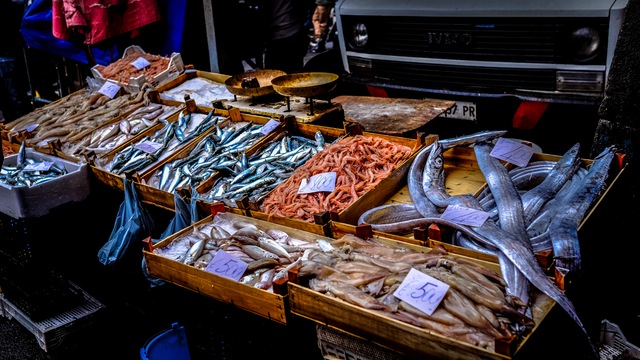Top Business Concepts in Russian Posted by Maria on May 19, 2016 in Russian life, when in Russia
We have covered some business phrases on this blog before. This time, let’s concentrate on key business concepts and learn to talk about them in Russian.
Property
First of all, we need to talk about property (собственность). Private property (частная собственность) is thought to be an important condition for entrepreneurship (предпринимательство).
Property may include недвижимое имущество (or недвижимость, real estate) or other assets (активы).
Organization
Many businesses are organized as companies (компании). They are often referred to as firms in Russian (фирмы). However, individuals also conduct business as частные предприниматели (sole proprietors/traders).
Many companies will have a boss (начальник) and subordinates (подчиненные). Larger companies will have departments (отделы).
Agreements
An agreement (соглашение) may be referred to as договор or контракт (both meaning “contract”). Parties to an agreement are called стороны (literally, “sides”). “To sign/close a contract” is “подписать контракт.”
A “deal” (as in “agreement,” not as in “bargain”) is сделка. Agreements are usually subject to terms and conditions (условия).
Production
If we are talking about a traditional manufacturing company, the first step in its product life cycle will likely be производство, production. If there are units being produced, we can also call it выпуск, release.
A product is товар. It may also be called продукт, but beware that this word also has the narrower sense of “groceries.” If we are using “product” as a mass noun for everything the company manufactures, we can also say продукция.
Sales
The manufacturer may get an order (заказ) for a batch (партия) of their product. There may be a deadline (срок), and the delivery (поставка) may need to be arranged, too.
If we are selling something, we are talking about продажа. The opposite is покупка.
A seller is продавец, and a buyer is покупатель.
Pricing
The cost of making something is себестоимость. The price you sell it at is цена. If you’re selling something at cost, it’s called продавать по себестоимости, although you probably want to include a mark-up (наценка) in the price. The word стоимость is also sometimes used, meaning “cost” or “value.” You may recognize it from expressions like “налог на дополнительную стоимость” (value added tax).
Supply and demand (usually “спрос и предложение,” literally “demand and supply”) affect the price of goods.
Retailers may offer discounts (скидки) or have special offers (специальные предложения) to attract buyers. Speaking of retailers, to buy something wholesale is купить оптом, and to buy retail is купить в розницу.
Test What You Learned
Last, I’m going to share a passage from a Russian newspaper, with no translation. Try to identify the words you just learned.
Розничные продажи на собственном сайте составляют незначительную часть бизнеса Lucky Child, основные клиенты компании — региональные сети или отдельные магазины, которые продают ее в розницу со средней наценкой 80%. Оксана Алексеева, старший категорийный менеджер сети Prenatal Milano, которая работает с Lucky Child с весны 2016 года, называет преимуществами бренда доступные цены при высоком качестве и локальное производство, которое позволяет получать товар со склада ежемесячно: с иностранными брендами это невозможно.
(Source)
Try looking at other business publications to see if you recognize any words!

Build vocabulary, practice pronunciation, and more with Transparent Language Online. Available anytime, anywhere, on any device.





